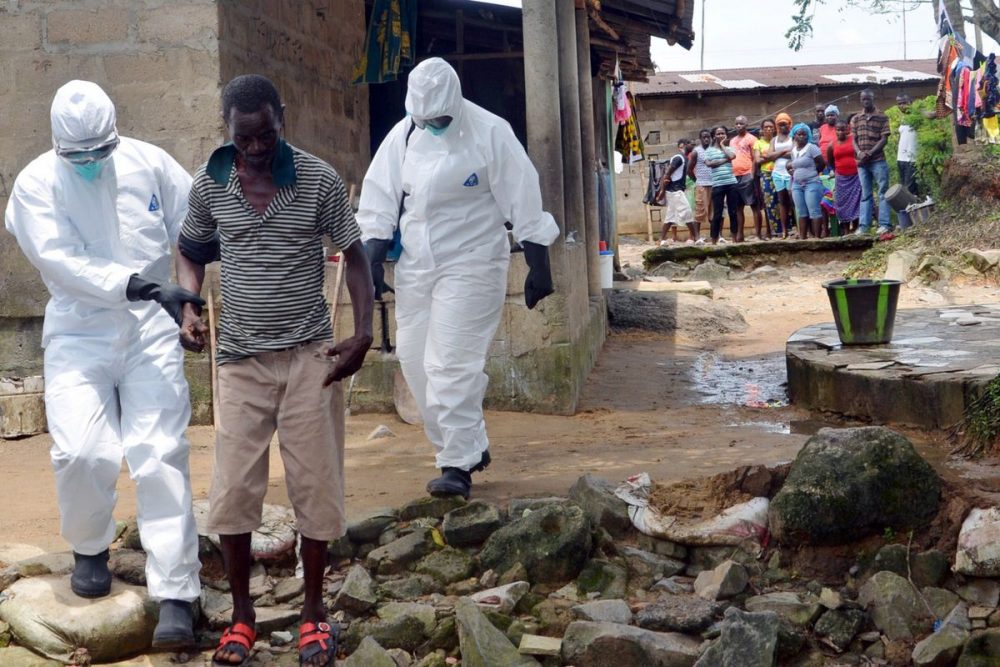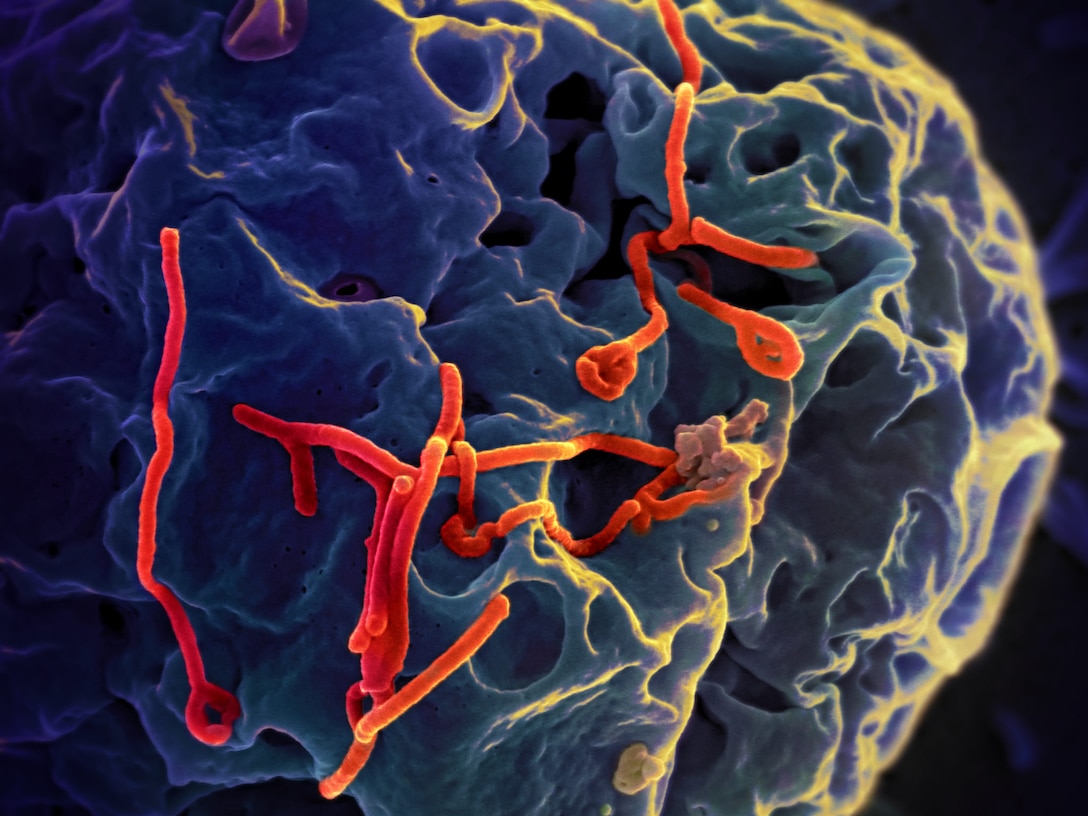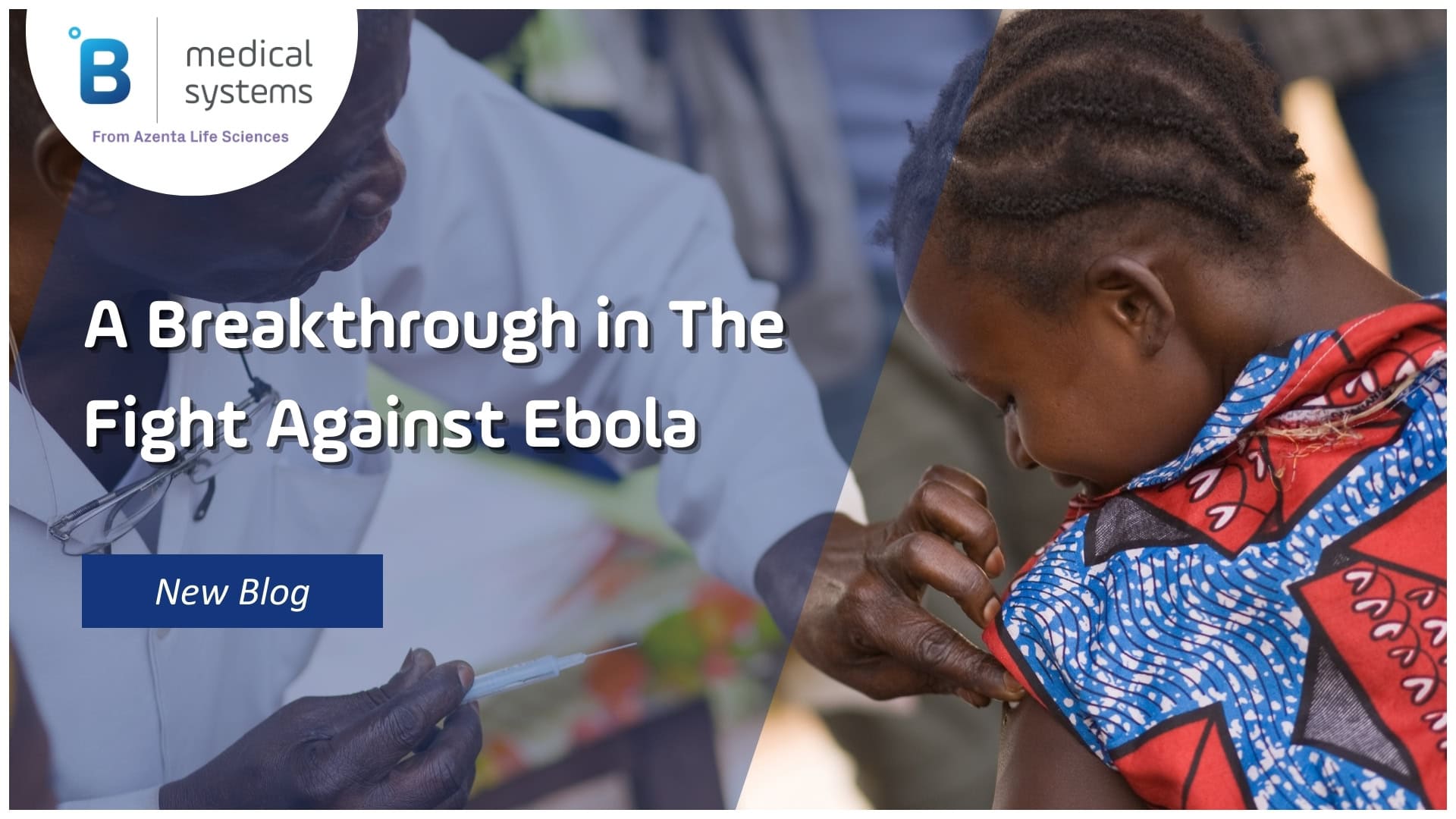Table of Contents
- All About the Ebola Virus
- The Age of Ebola: Six Ways to Help Ensure Health and Safety at Events
- Revolutionizing the fight against Ebola - B Medical Systems (IN)
- Uganda’s Worst Ebola Outbreak in Two Decades Is Over, W.H.O. Declares ...
- Ebola Virus Disease (Ebola) - Sintomas at Sanhi | Mediko.ph
- Why Are We So Scared Of Ebola? : 13.7: Cosmos And Culture : NPR
- Ebola virus disease Fact Sheet | Africa Health Organisation
- Ebola: Experts to Discuss Testing Drugs as Crisis Deepens | TIME
- This scanning electron micrograph shows Ebola virus budding from the ...
- Ebola: Disease forecast model gave accurate numbers of infections ...


/ebola_virus-56a09ae55f9b58eba4b20276.jpg)
What is Ebola?



Transmission and Outbreaks


Symptoms and Diagnosis
The symptoms of Ebola can appear anywhere from 2 to 21 days after exposure to the virus. The early symptoms are non-specific and can be similar to those of other diseases, such as malaria and typhoid fever. As the disease progresses, the symptoms become more severe and can include bleeding, organ failure, and shock. Diagnosis is typically made through laboratory tests, such as PCR (polymerase chain reaction) and ELISA (enzyme-linked immunosorbent assay).
Treatment and Prevention
There is no specific treatment for Ebola, and the primary approach is to provide supportive care, such as fluid replacement, oxygen therapy, and management of symptoms. Several experimental treatments, including vaccines and antiviral medications, are being developed and tested. Prevention is key to controlling the spread of Ebola, and this includes avoiding contact with infected individuals, wearing personal protective equipment (PPE), and practicing good hygiene.
Global Response and Efforts
The global response to Ebola has been significant, with various organizations, including the WHO, the Centers for Disease Control and Prevention (CDC), and non-governmental organizations (NGOs), working together to combat the disease. These efforts include providing medical care, conducting research, and implementing public health measures to prevent the spread of the disease. In conclusion, Ebola is a deadly and highly infectious disease that poses a significant threat to global health. Understanding the symptoms, transmission, and prevention of Ebola is crucial in controlling the spread of the disease. While there is no specific treatment for Ebola, ongoing research and development of experimental treatments offer hope for the future. By working together, we can reduce the impact of Ebola and protect communities around the world.For more information on Ebola, visit Ebola - Wikipedia.
Note: The article is optimized with the following keywords: Ebola, Ebola virus, symptoms, transmission, treatment, prevention, global health, WHO, CDC, Wikipedia.